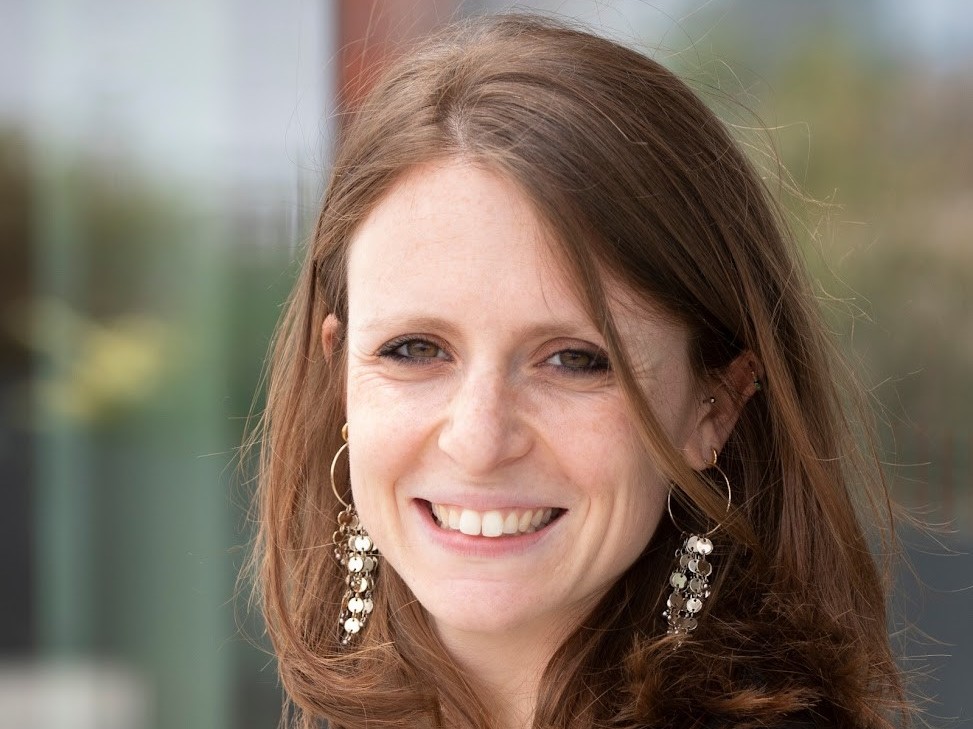 Maria Ventura
Maria Ventura
What are you currently researching?
My research focuses on topics from labour economics and I am especially interested in occupational choice and how that affects labour market outcomes. In particular, one of my projects draws upon the situation of self-employed workers in the UK during the pandemic.
Why did you choose this area of study?
I find these topics interesting, among other things, because they are widely relevant to the public. They also encompass aspects of the economy that most people, from the man on the street to the politician and the economics professor want to know about and have an opinion on. This opens up several possibilities for engagement and communication with realities outside academia.
How will your research improve or have a wider impact on society?
My co-authors and I hope that our recent work on self-employment and how it has been impacted both by COVID-19 and the recent macroeconomic developments will inform policy on how to protect and value such an important group in the UK economy.
In the last two years we have collected primary data on the experiences of self-employed workers during these times of hardship. We are keen on communicating this to the public and thanks to the amazing work of the communications team at the Centre for Economic Performance (CEP) our work has often been picked up by media and governmental organisations.
We believe that the evidence we provide may be relevant in future decisions on how to systematically sustain the income of self-employed people.
What have been the highlights of your research work so far?
I have really enjoyed the process of collecting primary data through a customised survey we designed. Especially at the beginning of the pandemic, it was very exciting to be able to look at information on how the self-employed were getting on even before other sources of official data. Learning about the difficulties and challenges of this category of workers, and thinking about potential solutions, was also very interesting.
What has been your biggest challenge so far?
I think I find most difficulties when I have to deal with feeling lost or stuck on my research. Things are easy when you know what to do and where to go next, but unexpected deadlocks can happen often. Even knowing that ups and downs are part of the process, it can be hard sometimes to find the push to go on or find help. It definitely helps to be back in the office, after the long COVID-19 break, and to be able to ask friends and colleagues in these cases!
What advice would you give to prospective students on the most effective way to approach research and keep stress levels down?
Research is hard, but as most people in the profession often remark “it’s a marathon, not a sprint”. In the last few years, I have learnt the importance of taking my time when developing a project and to not give in to frustration at every obstacle.
This includes regularly taking breaks to rest and do something that I love. It is easy to get overwhelmed in an environment where everybody seems to be producing new output all the time, but taking care of myself outside my work also makes me more productive in research.
In a few words, what is the best thing about studying at LSE?
Definitely the variety of inputs and research exposure that we have access to. Having world-famous academics in the office next door is definitely stimulating and a great chance for us to get feedback and ideas. I also like to be in such an international environment and appreciate how open minded everyone seems to be.